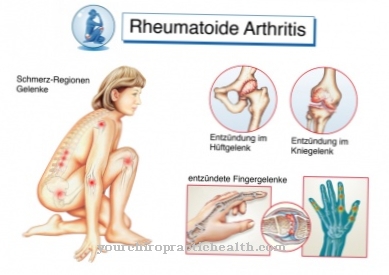It is generally not easy for anyone with psoriasis. But winter is a particularly hard time. Fluctuations in temperature and a lack of sunlight make the symptoms of their disease worse for many people. How psoriasis patients get through the winter - here are the most important tips.
The psoriasis disease

In Germany around two million people are affected by the non-contagious skin disease psoriasis. According to estimates by the World Health Organization (WHO), 125 million people worldwide live with psoriasis, this is the medical term. Psoriasis is more than a skin disease, it is a systemic disease that can affect the entire body. Chronic inflamed, reddish areas of skin are typical of psoriasis. They are accompanied by silvery scales, so-called plaques, which are often very itchy, burning and painful. The head area, hands, elbows, knees and shins are particularly affected.
Get through the winter better with psoriasis
Experience shows that climate fluctuations have a negative impact on psoriasis, and patients more often complain of an increase and more pronounced symptoms of psoriasis, especially in the cold season. One reason for this is the lack of daylight - the sun and its anti-inflammatory UV light are much less visible in winter. In addition, the constant change in temperature between the cold, damp air outside and the very dry heating air in the interior places a strain on the skin, which is already stressed - generally more people suffer from skin problems in winter than in summer. These tips can help psoriasis patients get through the cold season as well as possible:
Avoid drying out the skin
In winter, psoriasis patients have to be meticulous about their skin care. This works if those affected drink enough fluids every day and more often apply cream to their sensitive skin. Ointments score points over creams because, as highly greasy emulsions, they contain no water, stay on the skin for a long time and are only absorbed slowly. Creams that only provide moisture are usually not sufficient for psoriasis in winter.
Do not use ordinary shampoo or shower gel
Psoriasis sufferers need to use specific skin care products. In addition to ointments, this also includes particularly gentle and moisturizing washing lotions - conventional shampoos and shower gels are to be avoided!
Dress as warmly and breathable as possible
Clothing and exercise are the best protection against the cold in winter. We recommend an "onion layer" made of breathable materials in order to avoid heat build-up: Several items of clothing are worn on top of each other. Clothing should sit loosely and comfortably next to the skin and not constrict so as not to irritate the skin.
avoid stress
Psoriasis patients should avoid unnecessary stress in winter and pay more attention to their mental well-being. If possible, do not push problems aside, but address and clarify. This applies to work as well as to private life with friends and family. Sport and exercise can be a good balance to deal with any stress that may arise.
Influence of genes - what causes psoriasis
Medical professionals also refer to psoriasis as an autoimmune disease because it is caused by a disorder in the immune system. A combination of genetic predisposition as the cause of psoriasis and certain risk factors is responsible - frequent triggers are stress, infections, smoking, alcohol consumption, medication and external skin injuries.
Comorbidities of psoriasis
It is not uncommon for psoriasis to have one or more comorbidities. Overweight and obesity (obesity), depression, diabetes and hormone fluctuations occur more frequently in psoriasis sufferers than in the general population. This requires an interdisciplinary teamwork of specialists.
Interaction: With psoriasis, the psyche suffers
Due to the visible changes in the skin, which cause many viewers to feel irritated or even rejected, psoriasis is extremely stressful. The patient's psyche suffers as a result. The negative looks in public can be very cruel. Those affected feel discriminated against and are sometimes even marginalized. This restricts the already reduced quality of life of psoriasis patients, can lead to depression and further intensify the stress factor - a vicious circle!
Those affected can get help with psoriasis from the German Psoriasis Association.
Therapy options: what helps with psoriasis

© designua - Folotia.com
Psoriasis cannot be cured, but is now very treatable. The severity of the psoriasis determines the type of therapy chosen by the dermatologist. With the right choice, the symptoms can usually be effectively alleviated, often even suppressed completely.
In the case of mild symptoms, dermatologists first prescribe topical ointments and creams with dithranol, vitamin D3 or cortisone. Medication such as methotrexate, fumaric acid ester and ciclosporin are used for moderate to severe disease courses - or modern biologics such as secukinumab are prescribed. In addition, the affected areas of the skin can be treated with UV light, which can noticeably alleviate the symptoms, especially in winter.


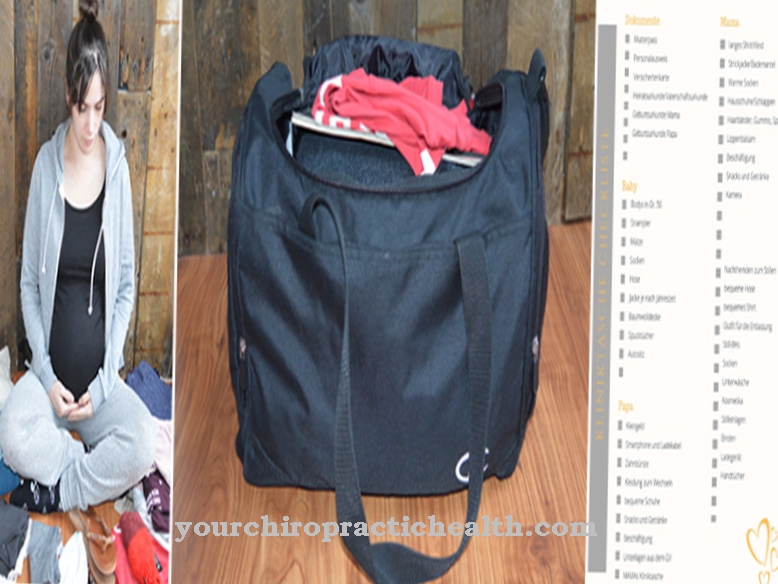

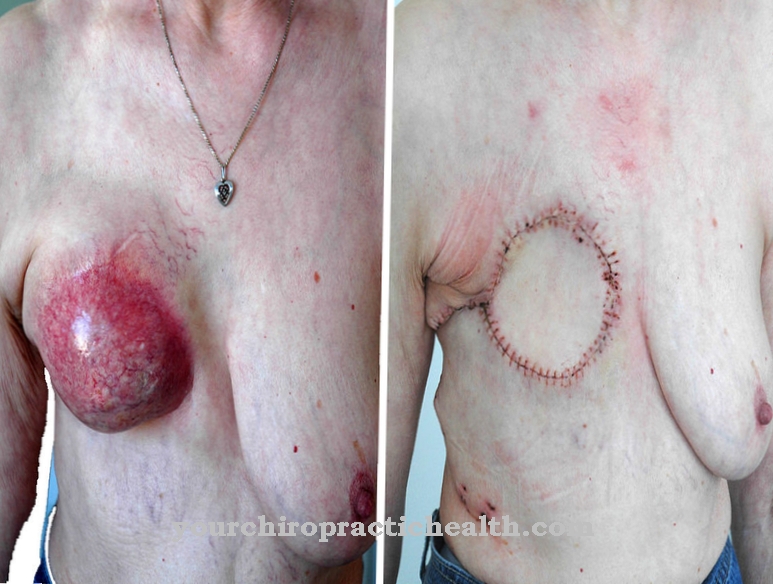
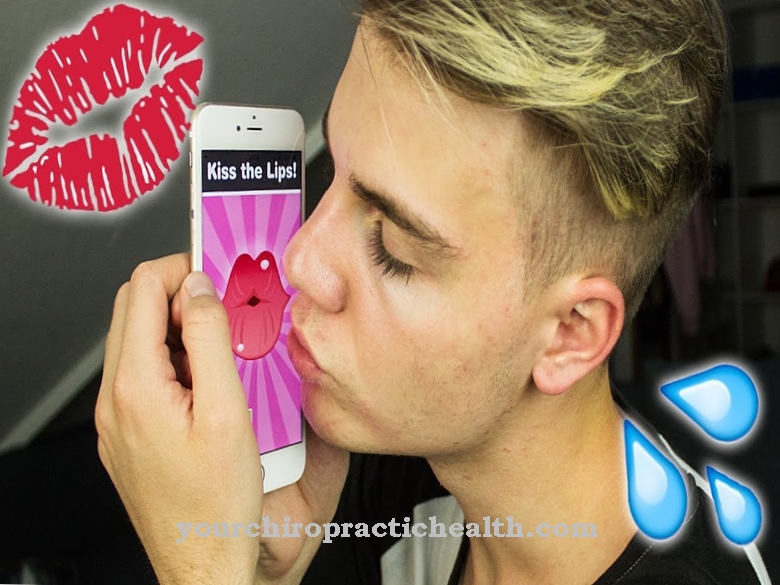





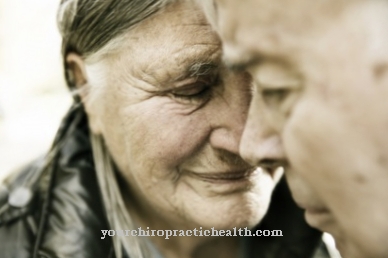
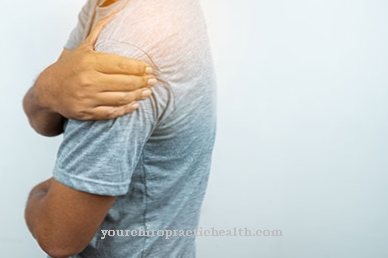




.jpg)



.jpg)

.jpg)
